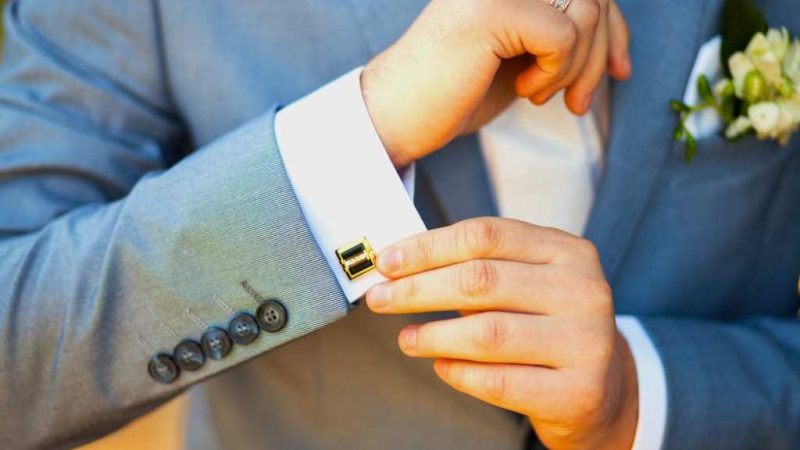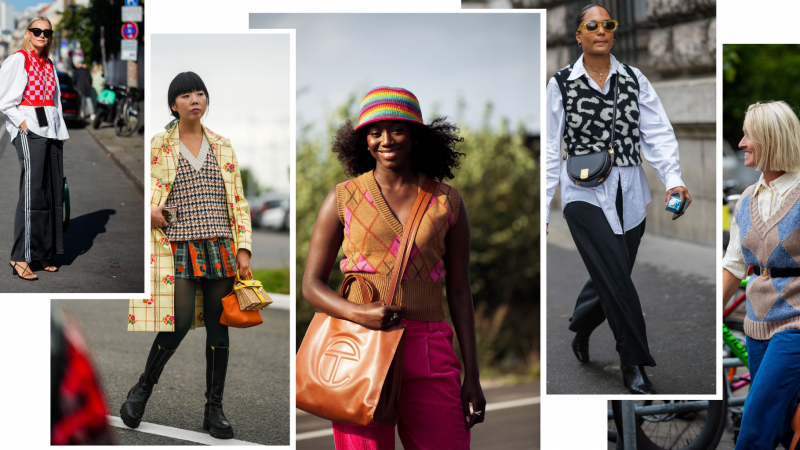When is Enough Too Much? The Make-up Dilemma

A recent study has shown that women may overestimate the amount of make-up that others find attractive. There has been heated debate surrounding the issues and purpose of wearing make-up, ranging from whether make-up simply conforms to a patriarchal gaze, or whether women use it to enhance their best features in order to feel confident.
Startling Research
Research conducted by Bangor University’s Alex Jones and Aberdeen University’s Robin Kramer has shown that men and women alike actually prefer a face to be made up to only 60% of what the wearer would usually apply. The prestigious Time magazine also covered the story. Forty-four women were asked to apply make-up and be photographed at certain stages of the application process, with the images then shown to both males and females.
An Authentic Response?
Men claimed to prefer less make-up, although also mentioned that they believed most men would prefer more. Women also claimed to prefer a lighter look. It is arguable that few men would admit to liking a woman to wear a lot of cosmetics, perhaps for fear that they would be labelled as superficial or even misogynistic. Arguably, because the question was already somewhat loaded, authentic responses were less likely, with participants perhaps wanting to give the answer they felt would make them appear more intelligent and enlightened.
Wearing Make-up For Ourselves Or Others
Even though men and women indicated that they preferred the wearer with less make-up, it is still only an assumption that the wearer was seeking the approval of viewers. Many women visit sites like http://www.ciaradalymakeup.com and browse for make-up or popular products like eye liner and the Desire Duo collection make up brushes because they enjoy the process of applying it, regardless of what others think. Make-up can also protect and enhance the skin, and many women seek out ingredients approved by The British Association of Dermatologists, for example http://www.bad.org.uk.
While make-up may enhance the features, it is not always designed to deceive the viewer into believing the features are natural – few women would want an observer to genuinely believe that her eyelids were sparkling, for example. This more strongly suggests, then, that the choice to wear make-up is for the enjoyment of the wearer rather than for the approval of the viewer.






